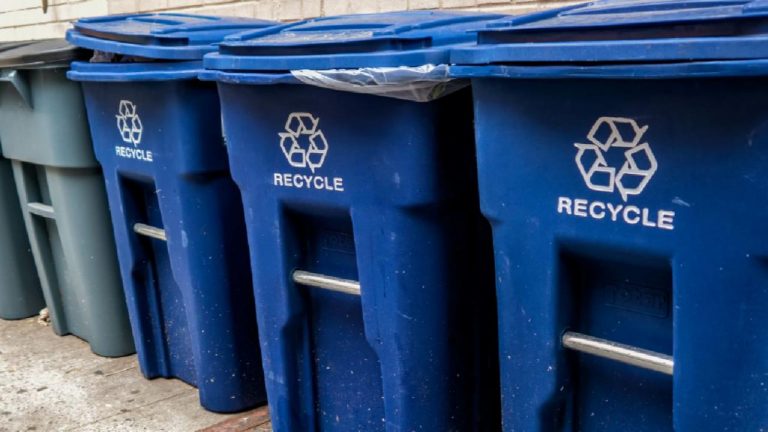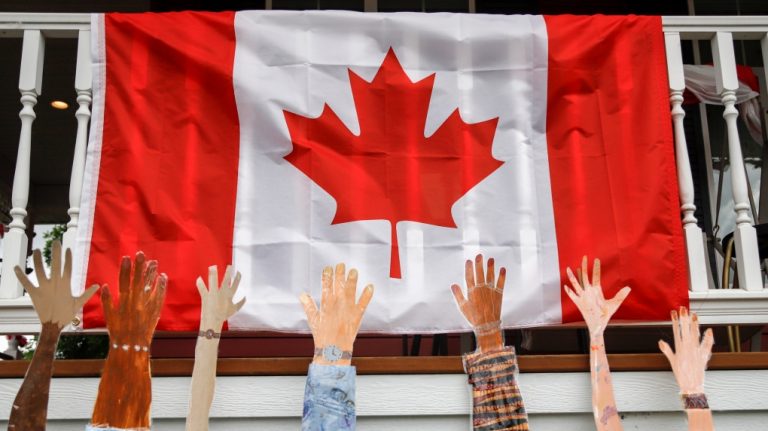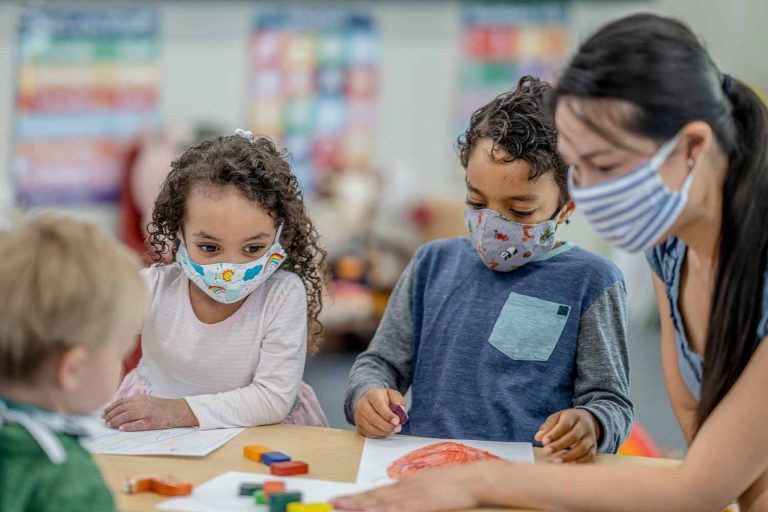Imagine waking up next to piles of garbage everyday or walking out into the street and being assaulted by the pungent smell of rotting food. While it may be hard to think of our beautiful nation as a dump, this imagi-Nation may not stay in our minds for long if we continue our ways.
Every year, Ontarians create around 3.5 million tonnes of waste, enough waste to fill up the Rogers centre five times. It comes from our homes, schools, businesses and more often than not, ends up in landfills where they contribute to four percent of all greenhouse gas emissions coming from Ontario. The best option we have to reduce the impact is to recycle.
Ontario’s Blue Box program was made specifically to reduce our waste and ensure more of it is recycled. The newly updated version of the plan includes clauses that will aim to standardize and increase materials accepted by the blue box, transition the costs of the program to producers and set higher targets that will encourage innovation of new technologies for better environmental outcomes. While these may seem like ideal outcomes, there is one main variable that prevents us from reaching these goals: Contamination.
Personally, I am not very good at sorting my recycling, and neither is my family. We try our best, but even with an expanded criteria for what can be recycled, it doesn’t ensure that all items that are being put in the recycling bin are recyclable. Similar to how I did not know for the longest time that plastics labeled ‘recyclable’ are actually not recyclable or recycling must be rid of all food scraps. Due to the confusing regulations and lack of education on proper ways to recycle, much of our recycling becomes contaminated, costing recycling programs millions of dollars every year.
Contamination means that the previously recyclable materials become stained with non-recyclable materials or garbage which leaves them also becoming non recyclable. More obvious instances of contamination could include the disposal of medical waste. Medical waste, such as blood bags and used syringes, or dead animals cause recycling plants to have to temporarily shut down and sanitize which makes things more complicated and costly.
Toronto is the city with the dirtiest recycling; with up to twenty-five percent of our recycling being contaminated and rendered unrecyclable. If the amount of contamination decreased even by one percent it could save the city six hundred thousand dollars in waste processing fees. The goal of this list shouldn’t just be to expand accepted materials but to also educate and ensure the things put into the bins will be recyclable.
Though there are many ways recycling can be contaminated, one of the biggest problems local plants face is their inability to recycle black plastic. I am sure we have all seen these types of take out containers, and coffee cup lids; they look like recycling, feel like recycling, and are even marked as recycling. However, the current optical sorting technology at recycling facilities cannot distinguish black plastic from the black conveyor belt, and as a result can’t sort it.
The issue with this is that the labeling of the plastic continues to mislead us which causes ignorant contamination of alot of our recycling. Not only is this contamination preventing local recycling plants from recycling, it also prevents our recycling from being sold to plants that can process some of the items we can’t.
There are many ways to promote sustainability and recycling isn’t the ultimate answer to the waste problem we are faced with. However, it is a good first step towards a better future. To make sure that the Blue Box program works as it should, we cannot solely rely on the government. We must all play our part and learn more about how to properly recycle.
Getting those around me to follow the proper waste disposal rules is hard. I learned about recycling and separation in school, and was urged by my teachers to practice proper recycling. However, no matter how I try to do it right, the rest of my family doesn’t seem to be cooperating. Sure, one family properly recycling will not change a lot, but it’s the mindset that I think is the most important. We don’t have time to be thinking, “Oh, I won’t do it because I won’t make an impact myself,” or waiting for other people to take action.
We only have one Earth, and space exploration is not progressing at a rate where we will have a backup plan if Earth gives out on us. If not for ourselves, we need to change to preserve for the next generation.
Sources
CBC. “Why Is This Coffee Chain Owner Switching from Black Lids to White? Hint: It’s All about the Blue Bin | CBC News.” CBCnews. CBC/Radio Canada, March 30, 2018. https://www.cbc.ca/news/canada/toronto/restaurants-coffee-plastic-takeout-balzacs-1.4600160.
CBC News. “Why Your Recycling May Not Actually Get Recycled | CBC Radio.” CBCnews. CBC/Radio Canada, May 2, 2019. https://www.cbc.ca/radio/sunday/the-sunday-edition-for-april-21-2019-1.5099057/why-your-recycling-may-not-actually-get-recycled-1.5099103.
Chung, Emily. “Many Canadians Are Recycling Wrong, and It’s Costing Us Millions | CBC News.” CBCnews. CBC/Radio Canada, April 9, 2018. https://www.cbc.ca/news/science/recycling-contamination-1.4606893.
Government of Ontario. “Ontario Government Developing a ‘Stronger, More Effective’ Blue Box Program.” Niagara At Large. Government of Ontario, October 19, 2020. https://niagaraatlarge.com/2020/10/19/ontario-government-developing-a-stronger-more-effective-blue-box-program/.
Government of Ontario. “Waste Management.” Ontario.ca. Government of Ontario, 2021. https://www.ontario.ca/page/waste-management.
McIntosh, Emma. “Ontario’s Recycling Revamp Falls Short, Critics Say.” Canada’s National Observer. Canada’s National Observer, June 3, 2021. https://www.nationalobserver.com/2021/06/03/news/ontarios-recycling-revamp-doesnt-go-far-enough-critics-say.
Nanowski, Natalie. “Why Is This Coffee Chain Owner Switching from Black Lids to White? Hint: It’s All about the Blue Bin | CBC News.” CBCnews. CBC/Radio Canada, March 30, 2018. https://www.cbc.ca/news/canada/toronto/restaurants-coffee-plastic-takeout-balzacs-1.4600160.
Star Editorial Board. “Ontario’s Changes to Blue Box Recycling Don’t Go Nearly Far Enough.” thestar.com. Toronto Star, June 14, 2021. https://www.thestar.com/opinion/editorials/2021/06/14/ontarios-changes-to-blue-box-recycling-dont-go-nearly-far-enough.html.
“Waste Management.” Ontario.ca. Ontario Government , June 25, 2021. https://www.ontario.ca/page/waste-management.



